The eight-year-old Holstein came here this May, following her release from a New England dairy farm. Princess had a longer life than most cows in the industry: typically, farmers send their “spent” cows to auction at just four to five years old, once their milk production is no longer sufficient. But her best friend, a young woman named Ali, knew that Princess deserved all the time she could get. With help from Ali’s mom, Virginia (who helped us rescue Pippi just a few months earlier), Princess can now live out her “retirement” at Farm Sanctuary.
Ali and Princess grew up together. They met when Princess, who was then named Sho, was just eight months old. This was during Ali’s freshman year of college. During winter break, she and mother Virginia began visiting the dairy, just a short walk from their home. They enjoyed strolling the grounds and interacting with their bovine neighbors — especially Sho, who caught Ali’s eye from the start.
“Sho distinguished herself from the others almost immediately,” Ali recalls. “When we would approach the heifers (a female who has not been bred) she would push her way to the front, eager for scratches behind her ears and extra food. However, heaven help you if you dared pet another heifer before her! She would pretend not to care about you for a few minutes, only deigning to offer you a second chance when she felt you finally recognized her obvious superiority.” Ali loved that this “princess” knew exactly what she wanted, and she vowed to give her all of that and more.










